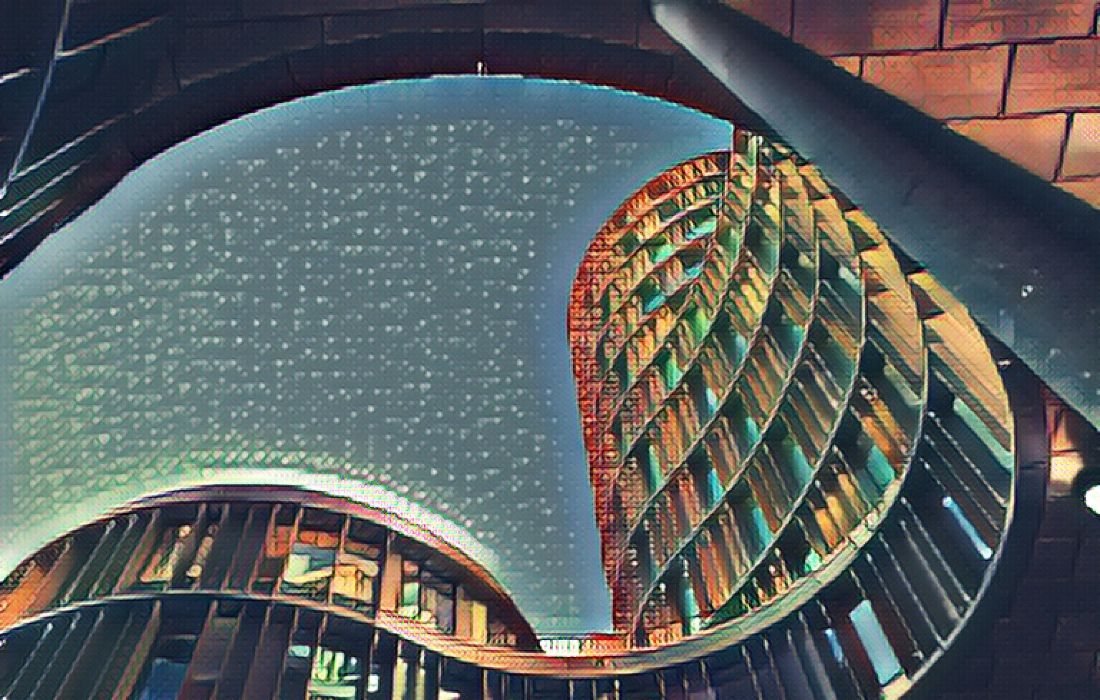The metaverse, a digital universe that’s been capturing imaginations and headlines, isn’t just about immersive gaming and virtual interactions. It has the potential to revolutionize the way architects and economists design and create future physical spaces. In this article, we’ll explore the profound impact of the metaverse on the world of architecture and economics, highlighting how it can shape the cities of tomorrow and transform tourism attractions.
Architectural Innovation in the Metaverse
Architects are masters of shaping our physical environment, and their expertise is now extending into the metaverse, where they can dream, experiment, and design the cities of the future.
Virtual Prototyping: Architects can use the metaverse as their canvas for creating virtual prototypes of buildings, city layouts, and tourism destinations. This virtual playground allows architects to fine-tune their designs before construction begins, reducing costly errors and facilitating more sustainable, efficient structures.
Interactive City Planning: Through the metaverse, architects can engage with stakeholders and the public, gathering valuable feedback on proposed designs. This inclusive approach ensures that cities are not just functional but also reflective of the community’s needs and desires.
Sustainability Simulation: The metaverse is a sandbox for architects to simulate the environmental impact of different design choices. These simulations help make informed decisions that prioritize sustainability and reduce a city’s ecological footprint.
Cultural Preservation: With the metaverse, architects can resurrect and preserve cultural heritage and historical sites. This means that not only can we safeguard our past, but we can also create immersive educational experiences for tourists and locals alike.
Economic Insights in the Metaverse
Economists, too, find the metaverse a treasure trove of data and opportunity. By analyzing and forecasting economic trends within this digital realm, economists can offer invaluable insights for designing future physical spaces.
Economic Modeling: Economists create sophisticated models within the metaverse to simulate how various policies, investments, and changes will affect the digital and physical worlds. This data-driven approach guides decision-making for both virtual and physical infrastructure.
Tourism Demand Analysis: The metaverse hosts a thriving digital tourism industry, and economists can analyze the vast amounts of user data to predict trends in virtual tourism. This information is pivotal for designing attractions that align with evolving tourist preferences. We no longer have to rely on historic systems with stale data. Using blockchain technology we can create viable virtual tourism businesses based on reliable data analysis and demand.
Virtual Commerce: As the metaverse grows, so does its digital economy. Economists delve into this digital marketplace, analyzing virtual real estate, currencies, and economic flows within the metaverse.
Collaboration and Challenges
The collaboration between architects and economists within the metaverse is brimming with potential, but it also comes with its fair share of challenges. Ensuring data privacy and security is paramount, as the metaverse will deal with vast amounts of sensitive information. Ethical concerns, such as equitable access and representation, need to be addressed to avoid reinforcing disparities.
Furthermore, the development of the metaverse should prioritize inclusivity and accessibility, catering to various abilities, languages, and cultures to ensure that it benefits a diverse global population.
The metaverse is poised to reshape the future of architectural design and economic forecasting. This exciting collaboration between architects and economists in the digital realm holds the key to innovative, sustainable, and economically viable urban environments and tourism attractions. Together, they are shaping the future and unlocking the vast potential of the metaverse for the benefit of society as a whole. The metaverse is no longer a distant dream; it’s a tool for building a better future today.
To learn more about the potential of the metaverse for your business get in touch with us today and become a member of the MTA.

